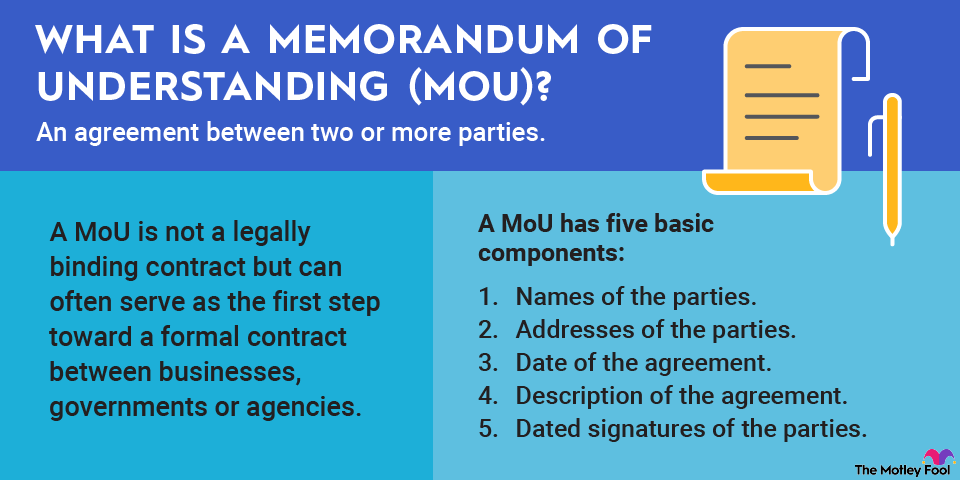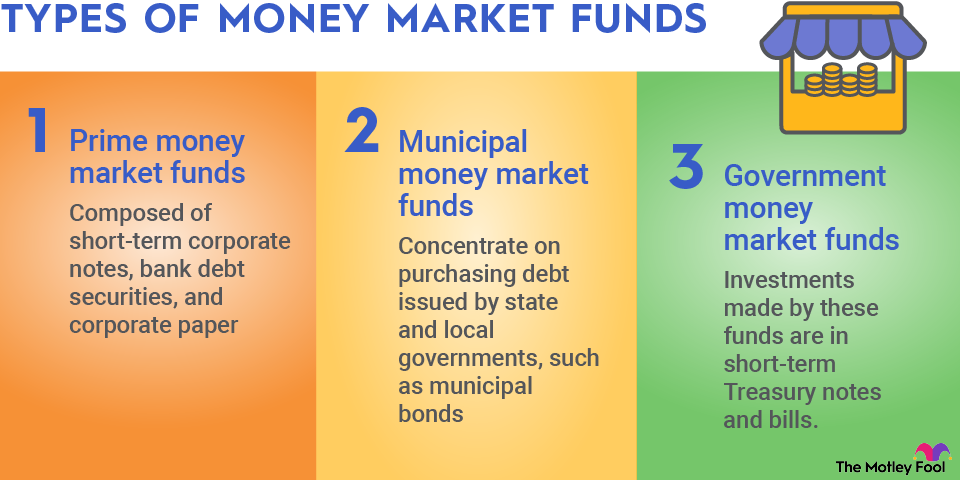The Mickey Mouse Monopoly: Intellectual property rights in action
Ironically, there are laws and regulations with the specific purpose of protecting monopolies for a limited time. That's why we have copyrights for original works of creative production, trademarks for uniquely valuable trade names or designs, and patents to protect the business use of inventions.
This protection is not absolute, and it comes with a time limit, but these intellectual property tools aim to give the inventor or creator control over the business value of their work for a while. These limited monopolies can be very important to a company and its investors.
For example, Walt Disney (DIS +0.46%) famously lobbied to extend copyright protection several times over the years, keeping the copyright of Mickey Mouse in the company's hands a bit longer.
The original Copyright Act of 1790 provided creators with "the sole right and liberty of printing, reprinting, publishing and vending" for 14 years after registration of the new work. The term length of this protection doubled to 28 years in 1909, 11 years before the Disney company existed.
But the House of Mouse sure made its voice heard in the Copyright Act of 1976, which refined the list of works covered by copyright protection and also gave creators the option to extend the terms by 28-year intervals to a maximum length of the author's lifespan plus 50 years.
The terms stretched one more time in the Copyright Term Extension Act of 1998, also known as the Sonny Bono Act or the Mickey Mouse Protection Act. Under this law, copyright protection lasts until 70 years after the original author's demise, assuming that the owner files for extension once every 28 years.
Disney fought tooth and nail to keep the rights to the Mickey Mouse character under its control as long as possible. The House of Mouse has taken full advantage of this control over the decades, to the point where the character and the company effectively are the same thing in the public eye.
That's one example of a creative monopoly protecting the business interest of a creative company. Imagine a world where Mickey Mouse slipped out of copyright protection in 1942 or 1976.



















